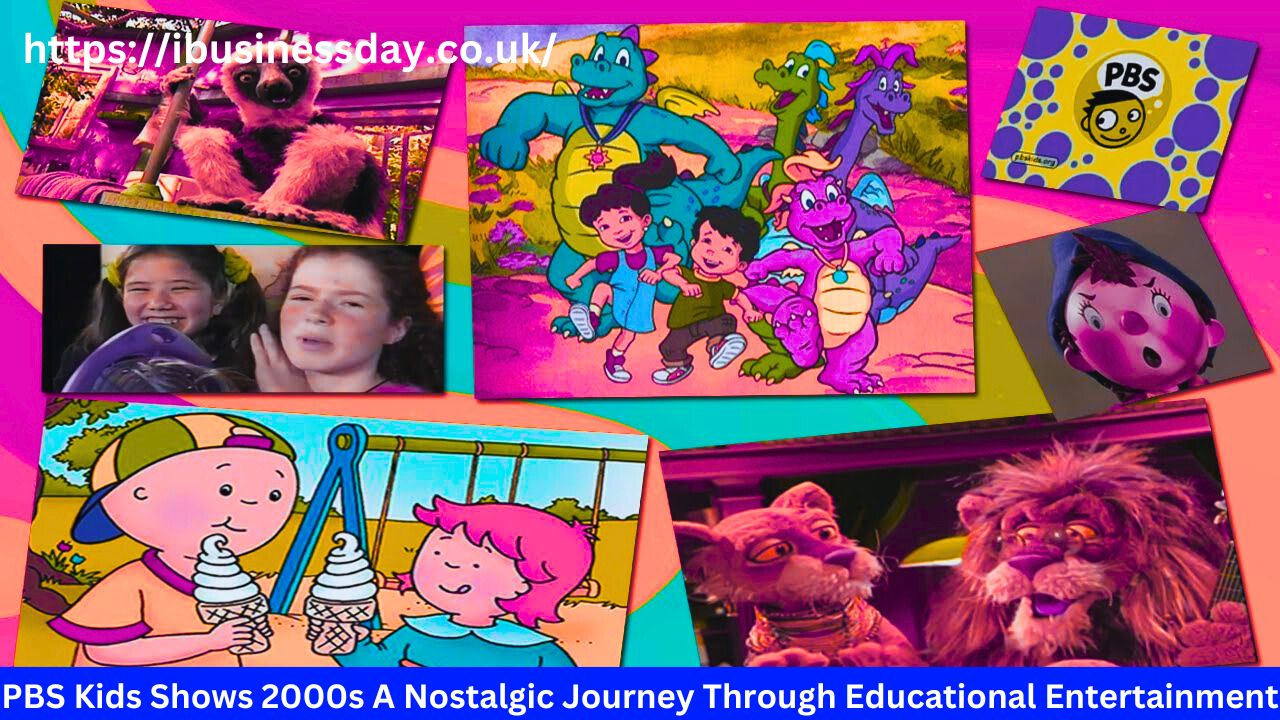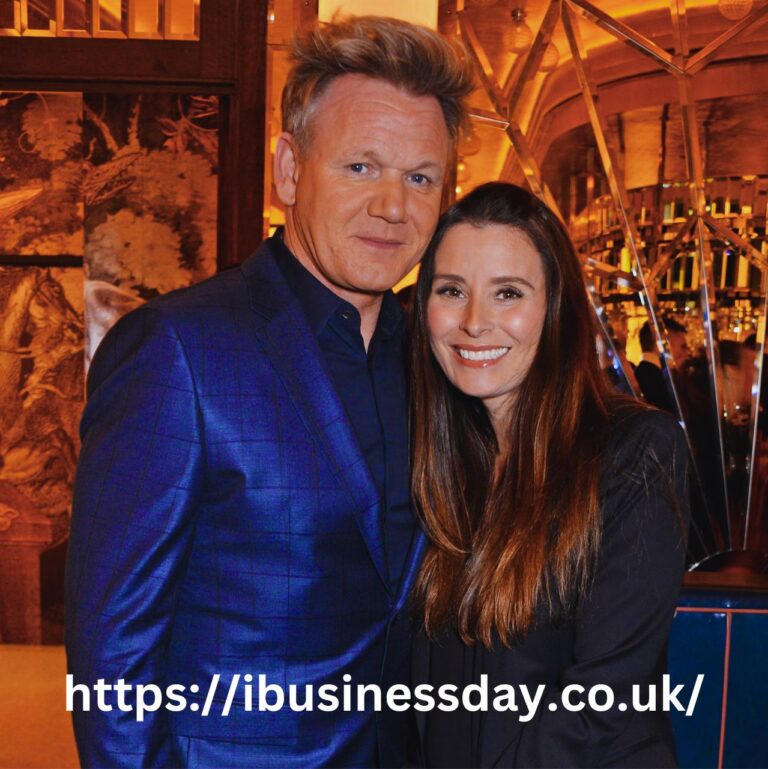PBS Kids Shows 2000s A Nostalgic Journey Through Educational Entertainment
The PBS Kids Shows 2000s were a golden era for children’s television, especially with the contribution of PBS Kids to educational programming. Public Broadcasting Service (PBS) has always been known for its quality content designed to entertain and educate young audiences. Shows on PBS Kids during the 2000s captivated children with engaging stories and colorful characters and provided life lessons and critical educational takeaways. For many kids who grew up in this decade, PBS Kids was integral to their childhood. This article takes you through a nostalgic journey of some of the most iconic PBS Kids Shows 2000s, highlighting their educational impact and what made them so special.
The Role of PBS Kids in Children’s Educational TV
PBS Kids Shows 2000s’ mission has always been to use the power of media to enhance child development and educate children in creative, age-appropriate ways. In the 2000s, this mission was reflected through a wide range of programming that encouraged cognitive development, creativity, and social-emotional learning. With content spanning topics from literacy and science to moral lessons and social behavior, PBS Kids Shows 2000s delivered far more than just entertainment.
Moreover, PBS Kids Shows 2000s were often created with research-backed methods, ensuring that children enjoyed the episodes and learned essential skills such as critical thinking, problem-solving, and empathy. These programs were commercial-free, making it a haven for parents who wanted their children to avoid the overly commercialized content prevalent on other networks.
Let’s examine some of the standout shows that made PBS Kids Shows 2000s a household name in the 2000s.
One of the longest-running shows on PBS Kids Shows 2000s, Arthur first aired in 1996 and continued to be a staple throughout the 2000s. Based on the book series by Marc Brown, the show follows the life of Arthur Read, an 8-year-old aardvark, and his adventures with friends and family in the fictional town of Elwood City.
Arthur was unique because it tackled serious issues such as bullying, dyslexia, divorce, and cultural diversity. The show did an excellent job of introducing these topics to young viewers sensitively and understandably. The relatable characters and its ability to address real-world issues made Arthur a beloved favorite of both kids and parents.
Clifford the Big Red Dog
Another iconic series from the PBS Kids Shows 2000s, based on the books by Norman Bridwell. The series revolves around a giant red dog named Clifford and his adventures with his owner, Emily Elizabeth. The show focused on teaching values like kindness, respect, and responsibility.
Each episode contained moral lessons wrapped in heartwarming stories about friendship and community. Clifford’s size, which often caused problems, taught children the importance of accepting people (or dogs) as they are and understanding that differences can be strengths.
Curious George
Based on the book series by H.A. Rey and Margret Rey, Curious George was another hit show that aired on PBS Kids Shows 2000s. The show follows George, a mischievous little monkey, and his adventures with the Man with the Yellow Hat.
Each episode of Curious George was filled with fun and curiosity, which helped introduce children to science, technology, engineering, and mathematics (STEM) concepts. George’s curiosity always led to problems, but they would find solutions through exploration and trial and error. This encouraged children to think critically and explore the world around them.
Maya & Miguel
Maya & Miguel focused on the lives of ten-year-old twins Maya and Miguel Santos. The show celebrated multiculturalism, as the siblings were from a Hispanic family. It portrayed positive messages about family, friendship, and community while exposing viewers to Latino culture.
The series emphasized problem-solving, with Maya constantly getting into schemes to help others, only for things to go hilariously wrong. Maya, Miguel, and their friends would find solutions through teamwork and creativity. This show provided entertainment and allowed young viewers to understand cultural diversity and cooperation.
Cyberchase
For children who loved math and problem-solving, Cyberchase was an absolute gem. The series followed three children—Jackie, Inez, and Matt—as they battled the evil Hacker in the digital world of Cyberspace. They were guided by the wise bird Digit and used their mathematical skills to solve challenges.
Cyberchase did a fantastic job of making math fun and accessible to kids, which is often considered challenging. With each episode, viewers were engaged in interactive problem-solving, applying concepts like geometry, algebra, and basic arithmetic. It proved that math can be exciting and valuable, fostering a generation of future STEM enthusiasts.
Dragon Tales
A magical and heartwarming show, Dragon Tales invited children into the fantastical world of Dragon Land, where siblings Emmy and Max would join their dragon friends in learning life lessons. The series focused on emotional intelligence, teaching children how to handle feelings of fear, frustration, and jealousy.
Each dragon character had a unique personality and challenges, allowing young viewers to relate to them in different ways. The show promoted empathy, teamwork, and perseverance—vital social-emotional skills for children to develop.
Zoboomafoo
For kids who loved animals, Zoboomafoo was a beloved show co-created by brothers Chris and Martin Kratt. The series featured a real-life lemur puppet, Zoboomafoo, who interacted with the hosts to explore the animal kingdom.
The show introduced children to different species, habitats, and animal behaviors in a fun, accessible manner. Its focus on wildlife conservation and the environment made it an educational experience and an early lesson on the importance of caring for the planet.
Reading Rainbow
Although Reading Rainbow began in the 1980s, it continued its success into the 2000s. The show was hosted by LeVar Burton and was dedicated to encouraging a love of reading among children. Each episode featured a different book, explored through storytelling, interviews, and field trips related to the book’s themes.
Reading Rainbow fostered a generation of readers, introducing children to various books and literary genres. Burton’s engaging style and the program’s interactive format made learning enjoyable, and the show emphasized the idea that reading can take you on incredible journeys.
Between the Lions
Between the Lions was an innovative literacy show that combined puppetry, animation, and live-action to teach reading skills. It followed a family of lions who ran a library, where they helped young viewers learn about phonics, spelling, and grammar.
The show’s clever wordplay and memorable songs made literacy instruction entertaining and compelling. It was precious for early readers, helping them develop essential skills engagingly and playfully.
Conclusion
PBS Kids Shows 2000s weren’t just about keeping children entertained—they were designed to foster learning, encourage empathy, and promote critical thinking. Each show had its unique charm and approach to education, but all shared the goal of providing enriching content to young minds. These programs often introduced children to complex topics like math, science, reading, and emotional intelligence.
The nostalgia remains vital for anyone who watched PBS Kids Shows 2000s. These shows left a lasting impact, with their educational lessons continuing to resonate with audiences long after their final episodes aired. Today, parents and educators can still find immense value in revisiting these iconic series, as their timeless messages and engaging formats remain relevant for future generations of learners.






